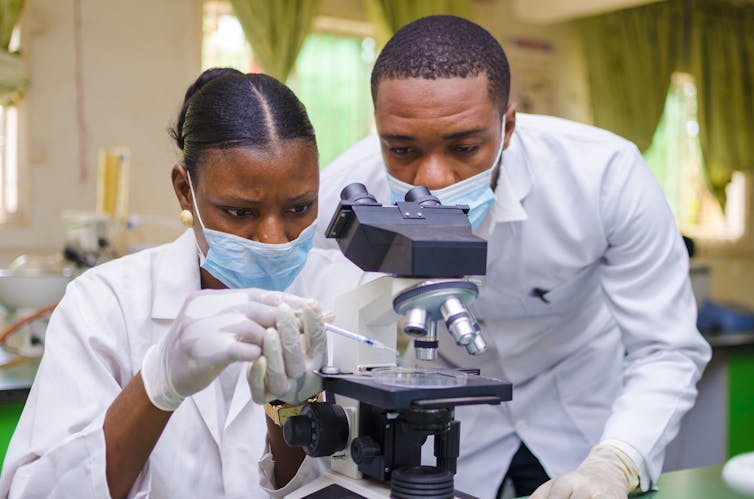BGR
According to reports from Spanish newspaper El País, researchers have discovered a way to speed up, slow down, and even reverse quantum time by taking advantage of unusual properties within a quantum world in specific ways. It’s a huge breakthrough, which the researchers have detailed in a series of six new papers featured in Advancing Physics.
The papers were originally published in 2018, and they detail how researchers were able to rewind time to a previous scene, as well as even skip several scenes forward. Being able to reverse and even control quantum time is a huge step forward, especially as we’ve seen increasing movements into quantum simulators.
The realm of quantum physics is a complex one, no doubt, and with analog quantum computers showing such promise at solving intense problems, it only seens fitting that research into controlling and reversing quantum time would prove so fruitful. The researchers say that the control they can acquire on the quantum world is very similar to controlling a movie.
You can skip forward a few scenes, or even use the remote to rewind and replay certain scenes in the quantum system. Unfortunately, scaling up the technique would be nearly impossible, according to the researchers. Much of the time needed to complete the process and reverse quantum time would rely heavily on the amount of data stored in the quantum world at the time.
Additionally, the system would only be able to reverse to the state of a given particle, making it difficult to reverse quantum time for the entire system at the same time. As such, being able to reverse quantum time isn’t going to be easily scalable to, say, controlling aging in human beings, as humans are made up of an enormous amount of information. It might even take millions of years to reverse time just a second.
Still, this discovery is notable for the realm of quantum physics, as it could lead to additional research. We’ve already seen some experiments that have allowed scientists to reverse time, so perhaps this could be joined with that to dig even deeper into the possibilities. For now, though, we’ll just have to settle with what scientists have managed to accomplish thus far.



Connect with us on our socials: